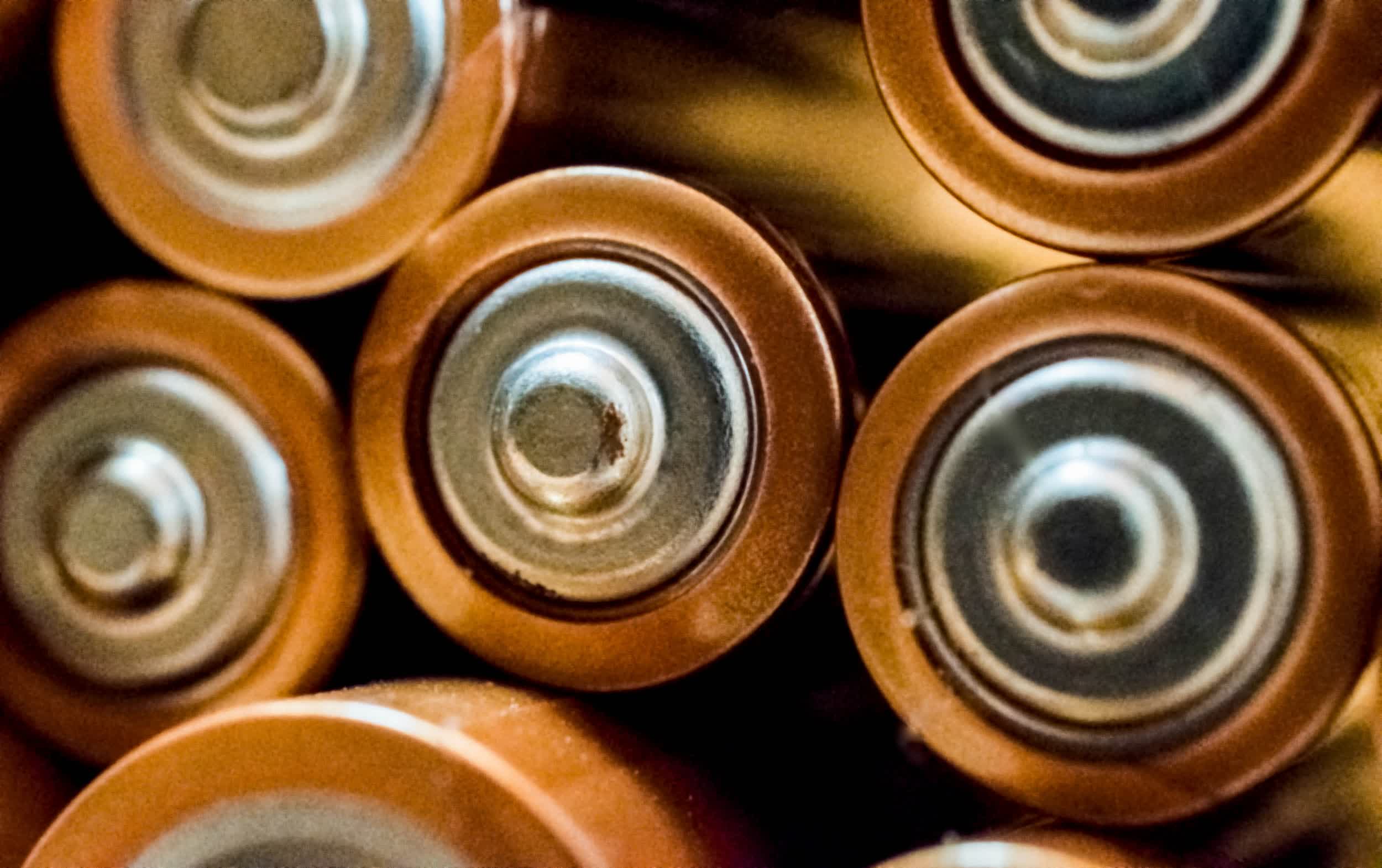[ad_1]
Why it matters: Lithium-ion batteries have become essential in modern electronics and in efforts to migrate infrastructure to renewable energy sources. Through rigorous testing, researchers recently discovered a relatively simple technique that can significantly boost a battery’s longevity and speed up manufacturing, thus decreasing costs.
Producing lithium-ion batteries for electric vehicles and many other devices is complex and time-consuming. Manufacturers are trying to find quicker methods without compromising quality, but the nature of the process severely complicates efforts to study the relationship between various manufacturing approaches and performance.
According to a recently published paper, charging a lithium-ion battery with higher-than-normal currents upon initial manufacture can increase its lifespan by 50 percent. Additionally, high-current initial charges can significantly shorten manufacturing time.
The researchers admit that the many factors involved in production usually make testing each one prohibitively slow. However, incorporating machine learning into the study helped them discover a simple trick for increasing battery life while potentially decreasing costs.
The experiment tested 186 batteries rated with the same aging cycle using 62 production strategies. The scientists discovered that deliberately sacrificing a small amount of lithium, and thus charge, enabled batteries to retain more charge in the long term.
Furthermore, a high-current charge takes around 20 minutes, while traditional processes take up to 10 hours. Using higher-than-normal temperatures during formation also makes batteries more resilient, though for different reasons.
After extended charging and recharging, lithium-ion batteries gradually lose the ability to retain energy. Therefore, researchers and manufacturers have spent years searching for paths toward longer-lasting batteries. This fact of life has led most smartphone manufacturers to incorporate intelligent charging into their operating systems to protect battery health.
In April, another team of researchers proposed a charging method that might double a lithium-ion battery’s lifespan. Alternatives to lithium-ion batteries are also being considered, partially due to the increasingly critical status of global lithium supplies. Candidates include liquid metal, zinc-bromine, sodium-ion, calcium-oxygen, potassium-ion, water, and silicate rocks.
Sodium-ion is particularly promising, partially due to being cheaper and far more abundant than lithium. A China-based Volkswagen subsidiary introduced the first sodium-ion-powered EV last year. Meanwhile, US company Natron Energy recently announced plans for a sodium-ion battery gigafactory in North Carolina.
[ad_2]




